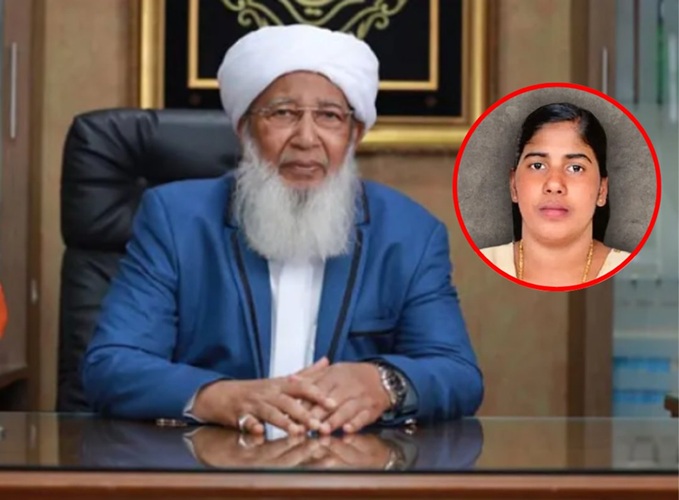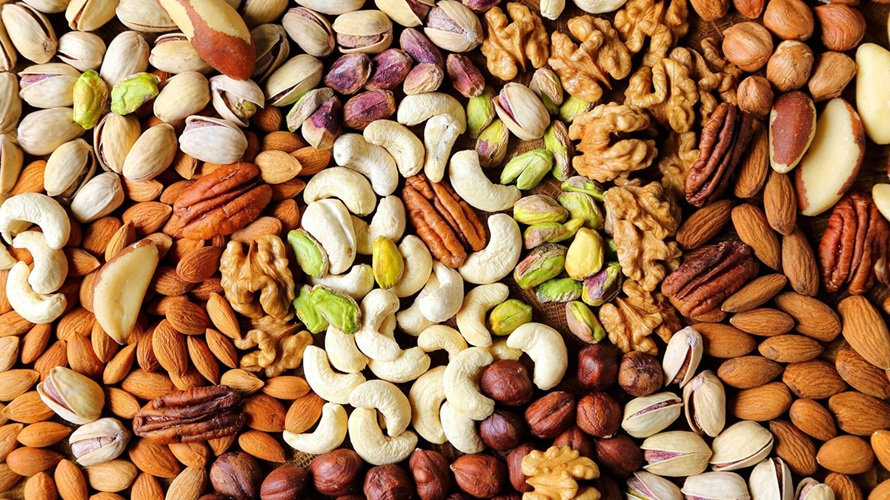New Delhi: “Having been passed unanimously in September 2013, the budget for year 2015-16 should have provisioned for the finances needed to implement the National Food Security Act, 2013 to the hilt, but this budget shows no commitment towards food security entitlements of the people,” said The Right to Food Campaign, a social initiative.
“In spite of the law the Modi Government has no qualms in systematically preventing its implementation by starving it of funds,” it said in a statement Monday.
The NFSA provides for cheap foodgrains of 5kg per head for 67% of the country’s population. According to the Government of India, as of now the Act is being implemented only in 11 states, that too partially. The budget for the food subsidy has hardly increased, from Rs. 1.22 lakh crores to Rs. 1.24 lakh crores. “This indicates that the Government does not anticipate any increase in the quantum of grain to be distributed through the PDS this year, nor an increase in prices (MSP) in which the grain is procured.”
The campaign also opposed the government move to change provision of grains through public distribution system with cash transfers.
“The Right to Food campaign has been repeatedly pointing out the dangers of replacing the provision of grains through the PDS with cash transfers as it will result in loss of minimum grain security for many families, banks are inaccessible, the entire procurement mechanism which provides price support to farmers will be under threat etc. Even some state governments (Madhya Pradesh, Odisha, Tamil Nadu recently, and Chhattisgarh sometime back) have written openly that they do not think that the time for replacing PDS with cash transfers has come. We demand that the Government put a complete hold on the shift from grain to cash.”
It also opposed budgetary cut in social sector.
“This budget is not bad news only in the case of food but for the entire social sector. The budgetary allocations for the pension schemes have also been similarly cut. In the case of the NREGA as well, the budget allocation is almost the same as last year which means in real terms it has actually gone down. There has been a 29 % reduction in budget for children from 2014-15. There is a cut in the allocations in school-related schemes like the Sarva Shiksha Abhiyan (by 21%) and Mid-Day Meal scheme (by 30%). In the case of health, the overall budget allocation has been reduced from Rs.39237crores to Rs.33152 crores.”
On each of these schemes, the current levels of spending are already very low and there is a crying need for expanding outlays on these. Let us also remind ourselves that as a proportion of GDP social sector spending is amongst the lowest in India. If there is indeed high economic growth as mentioned by the Finance Minister, there is no excuse for not allocating sufficiently for these high-priority sectors.
It urged parliamentarians to raise the issue in the house.
“At a time when the rural economy is in crisis, as agreed by the Finance Minister himself in his speech, it is worrying that the budget has seen greatest cuts in this sector. This is a serious cause for concern because of the predicted decline cereal, pulse and oilseed outputs this year. In the context where the Land Ordinance poses the threat of unfair land acquisition on a large scale, this is nothing but a full-fledged attack on the agriculture sector, farmers’ livelihoods and food security of the country. We hope that the people’s representatives in the Parliament raise these issues strongly and ensure that such anti-people measures are not allowed to pass,” read the statement signed by Kavita Srivastava and Dipa Sinha, Convenors, Steering Committee of Right to Food Campaign.






0 Comments